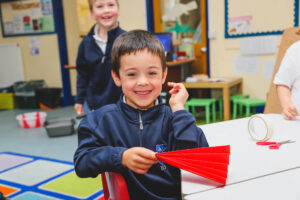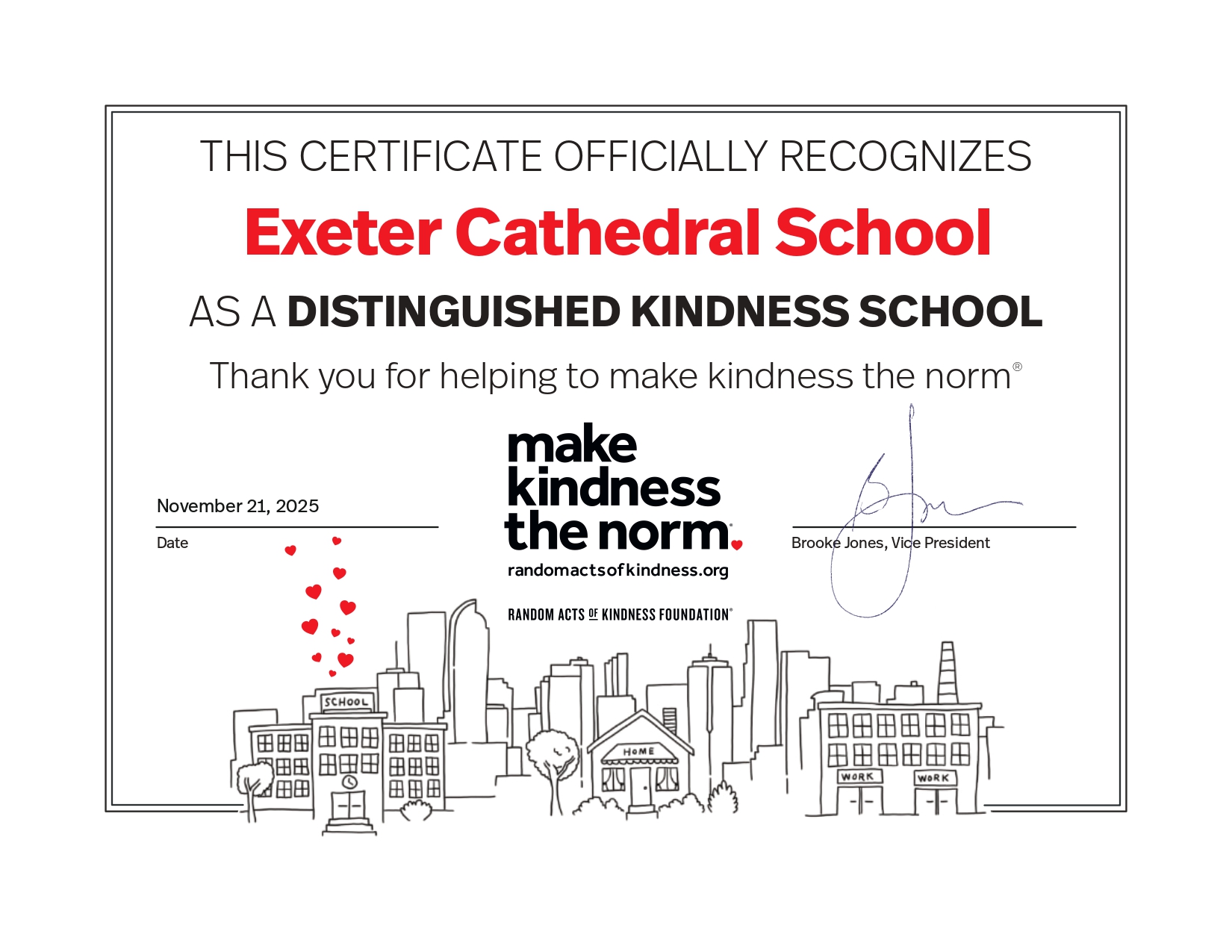I have a terrible confession to make: at half term I realised that I’d never read ‘Mary Poppins’!
Imagine my confusion. I was absolutely convinced that I had a well-thumbed copy on my shelf; after all, I knew the story so well and could even quote from it, or so I thought. What was going on?
The answer, as I’m sure you have already guessed, was that those indelible childhood memories were entirely derived from watching the magical Mary sing and dance her way from Cherry Tree Lane on her amazing adventures.
Does it really matter I’d not read any of the novels (there are six in total, I discovered) until last week? No, I don’t think that it does. The pleasure and delight gained from watching the film as a child, and with my own children, has definitely enriched my life in the same way that an audiobook or podcast might introduce a reader to character, plot and ideas more immediately than the written word. Often it is through talking about books, by enjoying that shared experience that literature can offer, that we begin to ‘dig deeper’ and broaden our own range of reading choices. And this, surely, is one of the joys of reading: that not only can we immerse ourselves in a different world but that we can talk about it too.
Reading is about the ‘whats’ and the ‘whys’. What is a nanny? Why do Jane and Michael have one? What kind of chalk picture would I like to step into? What would it feel like to float in the air? Each question prompting another and allowing the reader to draw from the fictional to gain an insight into time and place: to question, discuss or debate what they have read.
In a fast-paced world where attention spans have, by all accounts, become shorter than ever before, reading can provide a space to relax and reflect. Perhaps even to find reassurance from the characters that we meet and the situations they find themselves in.
In 2018, Sanjiv Chopra, a Harvard professor, claimed that A. A. Milne’s character Winnie the Pooh is the ‘master of zen’ and that he is ‘perhaps the single-most contented and wise creature ever imagined’. There are certainly plenty of memes floating around social media sites that suggest that many find this to be true. Type ‘Winnie the Pooh quotes’ into any search engine and your screen is instantly flooded with keyrings, cushions, pendants and posters awash with positive affirmations, all demonstrating what Chopra calls Pooh’s ‘implacable calm and goodwill’. Beneath Pooh’s furry coat we discover the wisdom of mindfulness readily available in child-friendly form.
So, what might we discover from a reading of ‘Mary Poppins’? According to Emma Brockes: ‘Empathy; mindfulness … [learning] not to gush. Not to worry, overly, about whether or not [we] are liked. Simultaneously to believe and not believe what [we] see’. Clearly, children’s fiction can stand young people in good stead for adult life: a healthy degree of self-respect and the ability to step back from a situation and reflect before leaping to respond are certainly life lessons worth learning. And, in an age where images of perfection abound, what better than to know you have given of your best and that being ‘practically perfect’ can, will, and does, suffice?
Miss Tamsin Bullocke
Head of Drama & English












